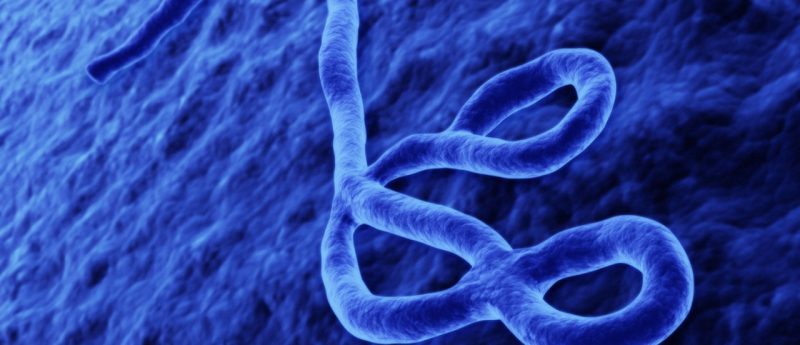Rapid-result mobile tests a priority to fight Ebola outbreak

As global attention is focused on the deadly Ebola outbreak currently being fought in West Africa, researchers and companies are turning their attention to the potential of rapid mobile tests as an effective way to identify and quarantine infected individuals.
According to Bloomberg, scientists on the ground in West Africa are dependent on laboratories with limited resources and overworked testing facilities. This can delay test results by up to 2 days, potentially sending carriers back into healthy communities. Speaking to the news outlet, Andrew Hoskins, country director for aid group MTI Liberia, said that the lack of efficient testing has prompted diagnostic companies to design new tools in an effort to provide more accurate results and better contain the deadly disease’s spread.
One such company is Corgenix (CO, USA), which received media attention when it won close to $3 million in funding from the US National Institutes of Health in June, to fund continued work on its rapid Ebola diagnostic tool. The diagnostic blood test functions in a manner similar to a pregnancy test: the patient provides a finger prick of blood and the testing strip will provide a result within minutes. One line on the testing strip means the patient has tested negative for the virus, while two means they are infected. Corgenix Chief Executive Officer Doug Simpson stated that the company will seek emergency authorization for the test.
Recently, BioFire Diagnostics (UT, USA), a subsidiary of bioMerieux (Craponne, France), was granted emergency authorization for its rapid Ebola test by the US FDA. The BioFire-designed test provides results within an hour, and is run off of the company’s BioFire FilmArray system, which is used by more than 300 hospitals.
A number of other developments are underway in the field. Earlier this month, British startup PrimerDesign (Southampton, UK) completed work on its Ebola test, which uses RNA testing to identify tiny quantities of the virus in its early stages. The company claims their test can provide a complete analysis within 90 minutes. The Atomic Energy Commission in France also recently announced they will collaborate with pharmaceutical company Vedalab (Alencon, France) to develop a user-friendly testing system that could diagnose the disease in less than 15 minutes. Their kit is a hand-held device that reads small samples of bodily fluids, and shows results in a pattern of stripes.
Sources: Lack of mobile ebola test harms effort in West Africa; Diagnostics companies homing in on rapid mobile tests to quell Ebola outbreak.




